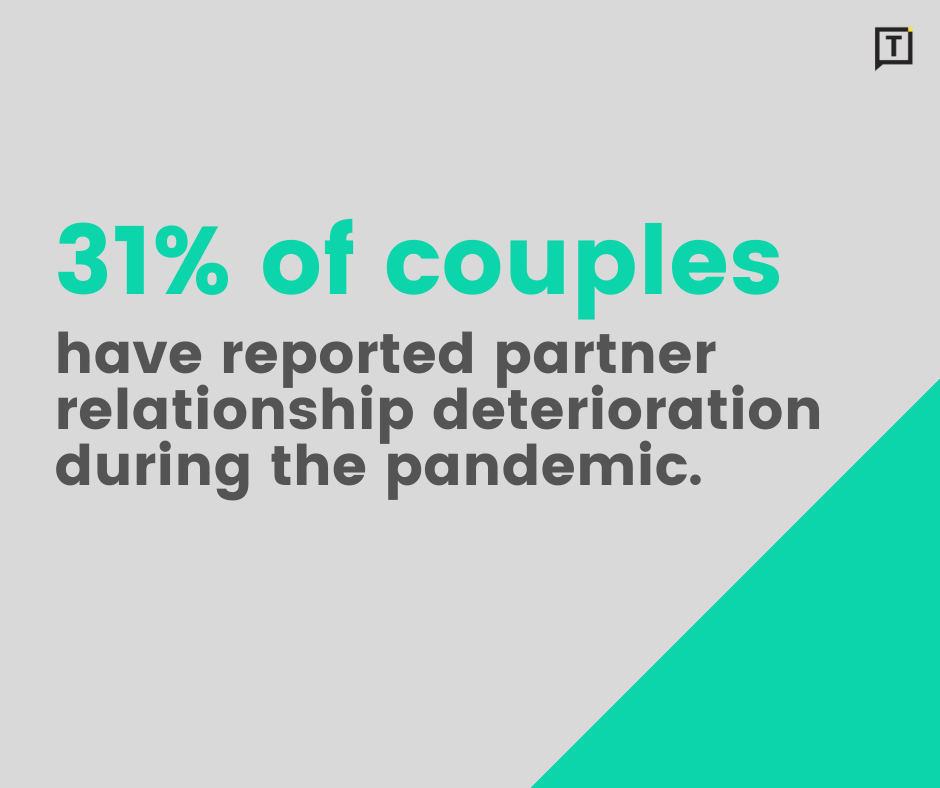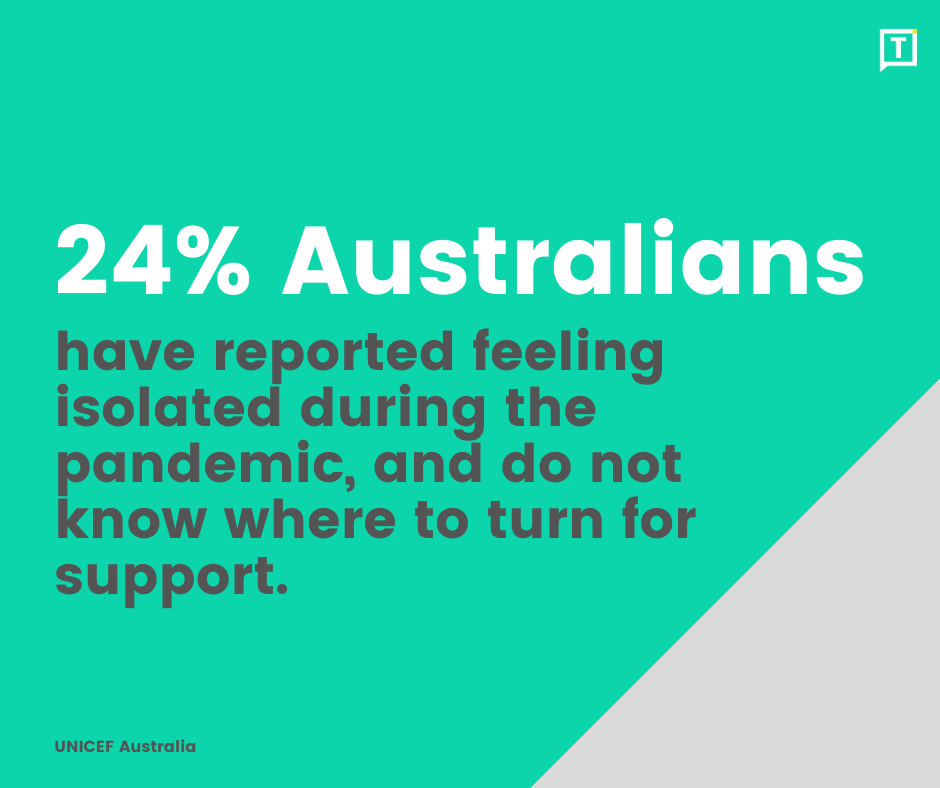The pandemic has affected all of us. Some, much more than the others. And depending on which part of the world you are from, you and your colleagues might still be working from home.
Let’s all agree that working from home (WFH) hasn’t been the easiest thing to do so far. While it has given some of us more time to spend with our families, for some others it has been a story of isolation.
While some of us have found new things to do with the extra time we have (like me who started this blog), some others are finding themselves to be more unproductive than normal.
And if you are a manager during the present period, it definitely becomes more difficult to manage an employee who has been downhill on their productivity chart.
But before you make the call to confront them, or even worse – fire them, hold on a minute. Think of the various reasons that might be affecting them.
Overworked
While WFH has its benefits, it had also resulted in the blurring of work-life boundaries. Research published in National Bureau of Economic Research has found that employees are working longer hours, attending more meetings, and sending more emails while WFH.
So before you jump the gun and start taking drastic action with that unproductive employee of yours, have a chat with them and try understanding if they are overworked.
Partner related issues
Spending more time with their partners has actually resulted in more issues than one could imagine.
A research at Journal of Medical Internet Research has showcased that 31% of couples have reported partner relationship deterioration during the pandemic. 22% of respondents have actually reported a decrease in sexual desire due to added stress.

Not all couples have adjusted well to living at close quarters for extended periods of time. China has seen an increase in the number of married couples filing for divorce. At the same time, England has seen a 25% increase in cases of domestic abuse.
You never know if your ‘unproductive employee’ is going through any such issue. Unless you talk to them first.
Isolation
Isolation need not only be about physical separation. Wearing masks, which has become mandatory in various parts of the world, adds to that feeling. One can no longer ‘see faces’ when we are out.
The biggest factor contributing to the sense of isolation is the uncertainty around everything. When would a vaccine be found, when would the shops open, when would I be able to meet my friends, etc are some of the questions running through all our minds.

As a result, a lot of people are feeling lost and confused, adding to their isolation. Especially if they live alone and have family far away.
Anxiety and stress
With the affected economy, health & financial concerns, and uncertainty about job security, anxiety & stress are at an all-time high.
Young people are worried about their careers, older people are worried about their retirement plans and unemployed people are worried about when they would finally get a job. And all the news circulating on social media/news is definitely not helping ease this anxiety.
The effects of these can definitely show up in more adverse ways. Insomnia, mood swings, substance abuse, depression, and other serious mental health issues, to name a few.
Steps to take
So, as a manager or a colleague, what can you do? Here are a few preventive and corrective pointers.
- Set up a strong internal communications plan to communicate regularly with your team/employees.
- If you have an ‘unproductive employee’, talk to them first, before jumping to conclusions.
- Encourage positive thinking.
- Have regular casual catchups with your team. Similar to how you would have those smoke/coffee breaks at work.
- Apart from team catchups, increase one-on-one catchups. People tend to open up more when talking to one person.
- Advice your employees/team to limit news consumption if they are feeling stressed with the things happening around them.
- Ask them to build better habits – exercise, eat healthily, etc.
- If nothing else helps, always guide them to relevant mental health support professionals.
During this pandemic, a comprehensive and personalized approach to employee’s mental well-being is necessary for businesses trying to navigate this situation.
We are all humans. And during such times, it gives us all the more reason to be a better one.
I invite you to join my small but awesome community. Just drop in your email below and I’ll send you awesome content every week.
Photo by Lily Banse on Unsplash



